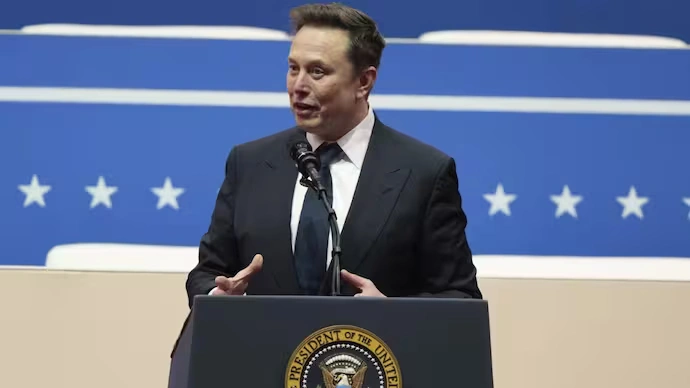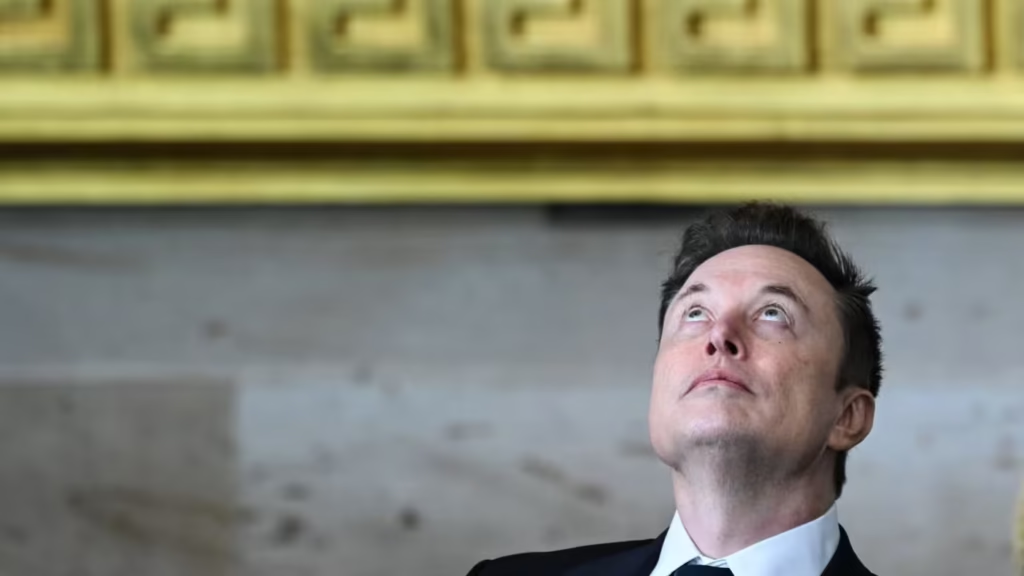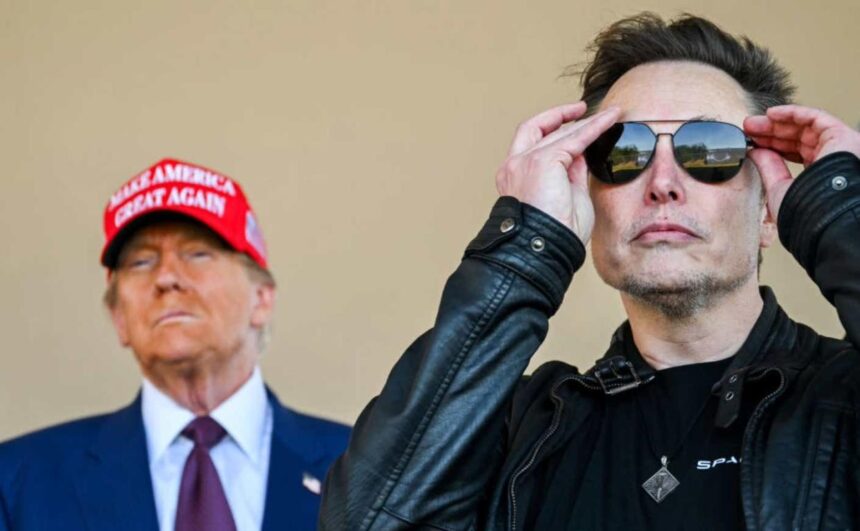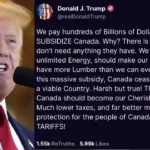Elon Musk has once again shaken the political and financial world. This time, he vows to eliminate what he calls “illegal payments” from the US Treasury.
His newly established Department of Government Efficiency (DOGE) has gained access to the Treasury’s vast payment system, responsible for distributing trillions of dollars in grants and social benefits each year.
The move has triggered outrage, political opposition, and concerns over potential disruptions to crucial government payments.
How Did DOGE Gain Access?
Musk’s allies in the DOGE team secured entry into the Treasury’s payment system, a network that processes over $6 trillion annually.
This system handles everything from Social Security checks to Medicare benefits. According to Musk, his team uncovered shocking details:
- Treasury officials had standing orders to approve all payments, including those linked to fraudulent and terrorist organizations.
- Several senior officials resigned or were placed on leave after DOGE gained access to sensitive financial data.
- Prominent lawmakers, including Senator Ron Wyden and Senator Elizabeth Warren, immediately called for investigations.
While Musk has framed his move as a crackdown on wasteful spending, his detractors argue that granting a private entity access to such a critical financial system poses a severe risk to national security.
Some experts suggest that even “read-only” access to Treasury transactions provides a strategic advantage that Musk could leverage for his own business interests.

Can Musk Actually Stop These Payments?
Musk’s bold claims suggest he aims to cut off improper payments. However, Treasury sources confirm that DOGE currently holds only “read-only” access to payment data.
Without congressional approval, Musk’s team cannot alter or stop transactions.
Despite reassurances that essential programs like Social Security and Medicare will remain untouched, critics fear Musk could leverage this access for political or financial gain.
Some analysts speculate that he may be targeting welfare programs, while others believe he seeks insider insights into lucrative government contracts that could benefit his businesses.
Political analysts warn that Musk’s increasing influence over government financial operations could set a dangerous precedent.
If he succeeds in shaping policy through DOGE, it may open the door for other tech billionaires to seek direct involvement in federal financial affairs, undermining democratic governance.
Political Firestorm and Public Uproar
The revelation sparked immediate backlash from lawmakers and financial experts:
- Senator Ron Wyden condemned the move, warning that political appointees with access to financial systems could exploit them.
- Senator Elizabeth Warren demanded a full congressional investigation into how DOGE gained Treasury access.
- Former Treasury Secretary Jack Lew cautioned that politicizing financial operations could damage global confidence in the US economy.
Public opinion remains sharply divided. Supporters see Musk as a reformer challenging government inefficiency, while critics argue that his intervention is an overreach that could destabilize critical social programs.
Some activists have pointed out that Musk himself has benefited from federal subsidies in the past, raising questions about his true intentions.

Final Thoughts
With watchdog groups and lawmakers demanding transparency, the pressure on Musk continues to mount.
While he insists his mission is to eliminate fraud, opponents see a dangerous power grab that could alter the course of government spending.
As investigations unfold, the public watches closely. Will Musk expose corruption and reform the system, or is this another high-stakes maneuver in his ever-expanding influence?
The answer could redefine government finance as we know it. With hearings likely on the horizon and potential legal battles ahead, Musk’s latest venture into government oversight is far from over.
Regardless of the outcome, one thing is clear: Elon Musk is reshaping the conversation around financial transparency and government spending.
Whether his involvement leads to genuine reform or further controversy remains to be seen, but his presence in the political sphere is now impossible to ignore.







